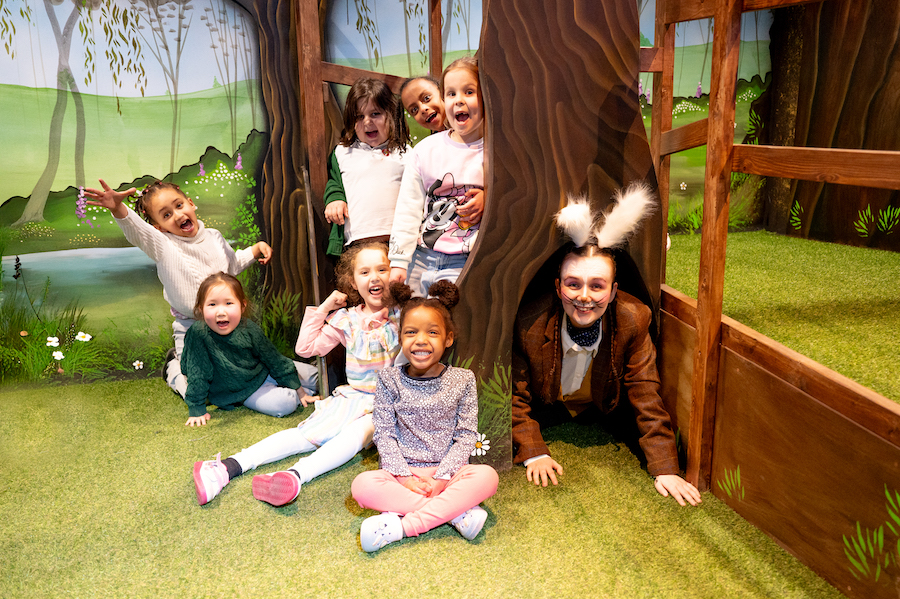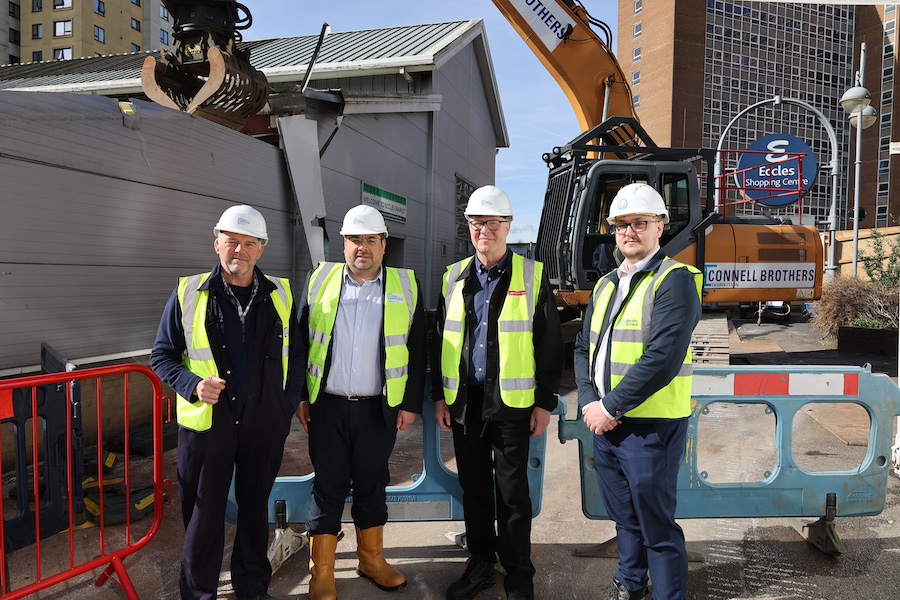Statue for RSPB founder Emily Williamson who lived in Manchester
- Written by Louise Rhind-Tutt
- Last updated 4 years ago
- History, People
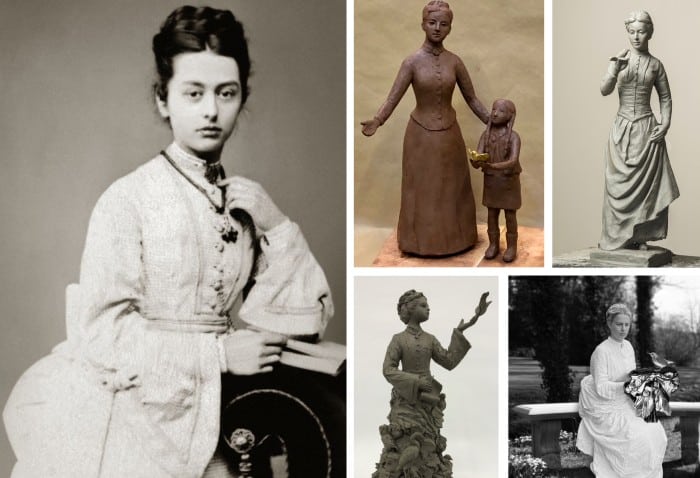
1st July 2021 marks the centenary of The Plumage Act – the triumph of wildlife activist and RSPB founder Emily Williamson, who lived in Manchester.
The Plumage Act banned the import of exotic bird skins to Britain, ending the 50-year fashion for elaborately plumed hats and saving countless bird species around the world from extinction.
For 30 years, Emily and her female colleagues campaigned for legislation to protect birdlife from the cruel plumage trade.
This date marks their important and hard-won victory.
Emily Williamson’s inspiring story in starting Britain’s biggest conservation charity has gone largely untold and unrecognised – until now.
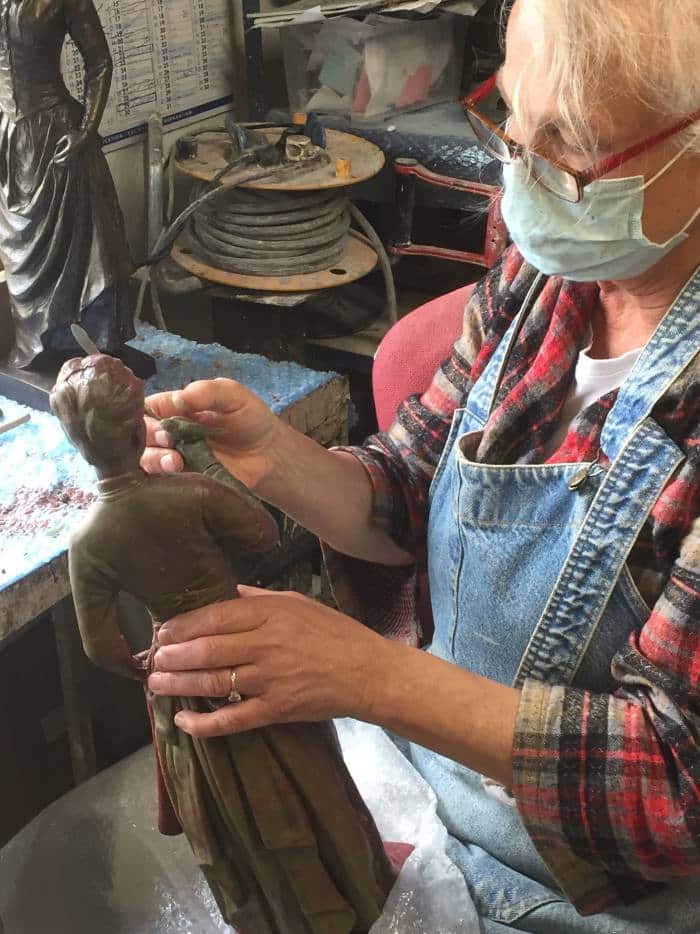
The Emily Williamson Statue Campaign, working in partnership with the RSPB, aims both to put her name back into the conservation narrative, and to use her legacy to inspire change-makers of today and in the future.
On Thursday 1st July 2021 four different bronze maquettes of Emily Williamson will be unveiled, the work of four shortlisted female sculptors: Clare Abbatt, Billie Bond, Laury Dizengremel and Eve Shepherd.
The event will take place in Fletcher Moss Park in Didsbury, Emily’s former garden.
Emily and Robert Williamson lived at The Croft 1882-1912; the statue will overlook the wildlife haven that the Victorian couple created.
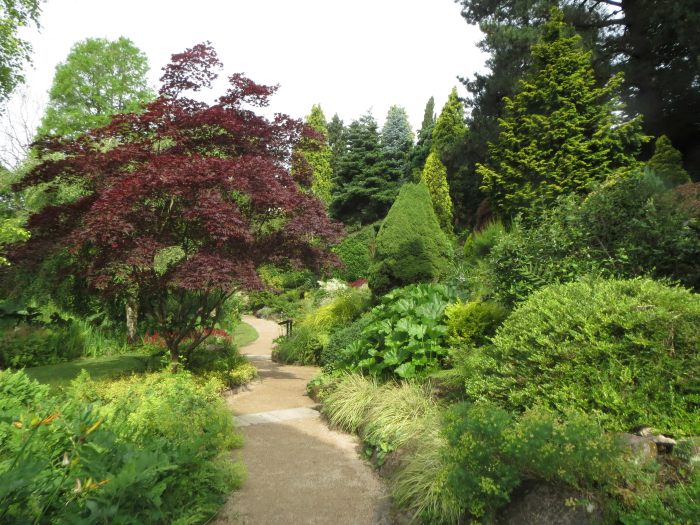
Emily’s campaign started simply over teacups in 1889 with a call for female friends to join her pledge to ‘Wear No Feathers’. It was an unpopular appeal.
She and co-campaigners, Eliza Phillips and Etta Lemon, were jeered at by the mighty plumage trade and by Victorian fashion victims alike.
But over time the movement snowballed – to a victorious conclusion.
As Emily showed, in calling out the cruel fashion for feathers, one voice can make a difference.
A statue of Emily Williamson will be a catalyst for change: a symbol of what can be achieved, and a reminder that we can all play our part in bringing change.
“I was astonished to discover that the RSPB was started by women,” says social historian and author, Tessa Boase.

“Uncovering the RSPB’s eco feminist roots has been an inspiring journey for me, both as a feminist and a nature lover.
“I want to see Emily Williamson, Eliza Phillips and Etta Lemon entering the national curriculum. I want them to become household names.
“A statue of Emily will kick-start an important wider debate about how women get remembered.”
Andrew Simcock, Chair of the Emily Williamson Statue Committee, says: “There is so much to learn from Emily’s story that people will find empowering, particularly at a time when we face such huge environmental challenges.
“Her efforts to transform attitudes and behaviours took time, drive and dedication, but she didn’t give up and as a result has created an incredible legacy that deserves celebration.”
Gillian Burke, BBC wildlife presenter, says: “This statue of Emily Williamson will be a game-changer.
“It will change how the RSPB is viewed today, and how birding is perceived. People think it’s very male-dominated.
“We’re updating, retelling, rethinking the culture around being a naturalist, a birder and a nature enthusiast.”
- This article was last updated 4 years ago.
- It was first published on 1 June 2021 and is subject to be updated from time to time. Please refresh or return to see the latest version.
Did we miss something? Let us know: press@ilovemanchester.com
Want to be the first to receive all the latest news stories, what’s on and events from the heart of Manchester? Sign up here.
Manchester is a successful city, but many people suffer. I Love Manchester helps raise awareness and funds to help improve the lives and prospects of people across Greater Manchester – and we can’t do it without your help. So please support us with what you can so we can continue to spread the love. Thank you in advance!
An email you’ll love. Subscribe to our newsletter to get the latest news stories delivered direct to your inbox.
Got a story worth sharing?
What’s the story? We are all ears when it comes to positive news and inspiring stories. You can send story ideas to press@ilovemanchester.com
While we can’t guarantee to publish everything, we will always consider any enquiry or idea that promotes:
- Independent new openings
- Human interest
- Not-for-profit organisations
- Community Interest Companies (CiCs) and projects
- Charities and charitable initiatives
- Affordability and offers saving people over 20%
For anything else, don’t hesitate to get in touch with us about advertorials (from £350+VAT) and advertising opportunities: advertise@ilovemanchester.com

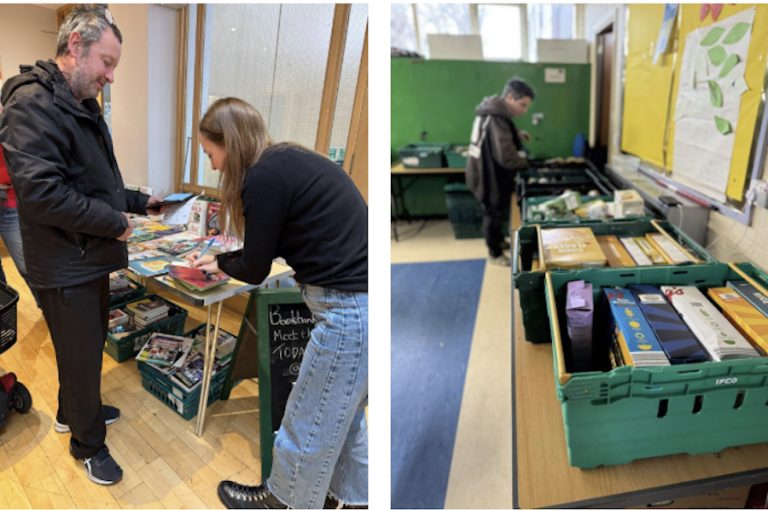
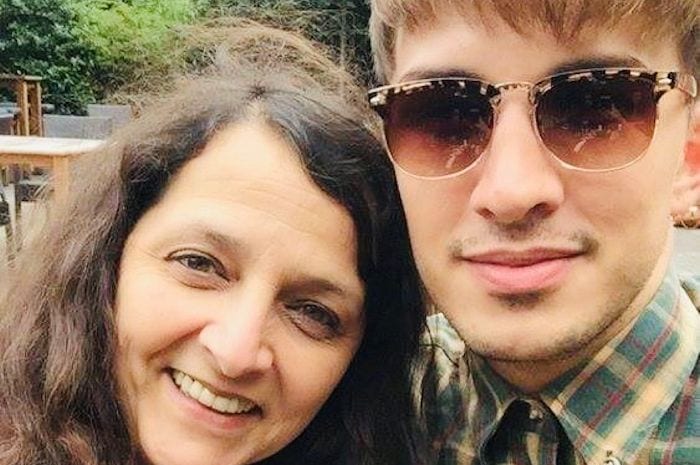
Martyn’s Law granted royal assent today to protect venues from terror attacks


Manchester and Los Angeles prove that opposites really do attract







